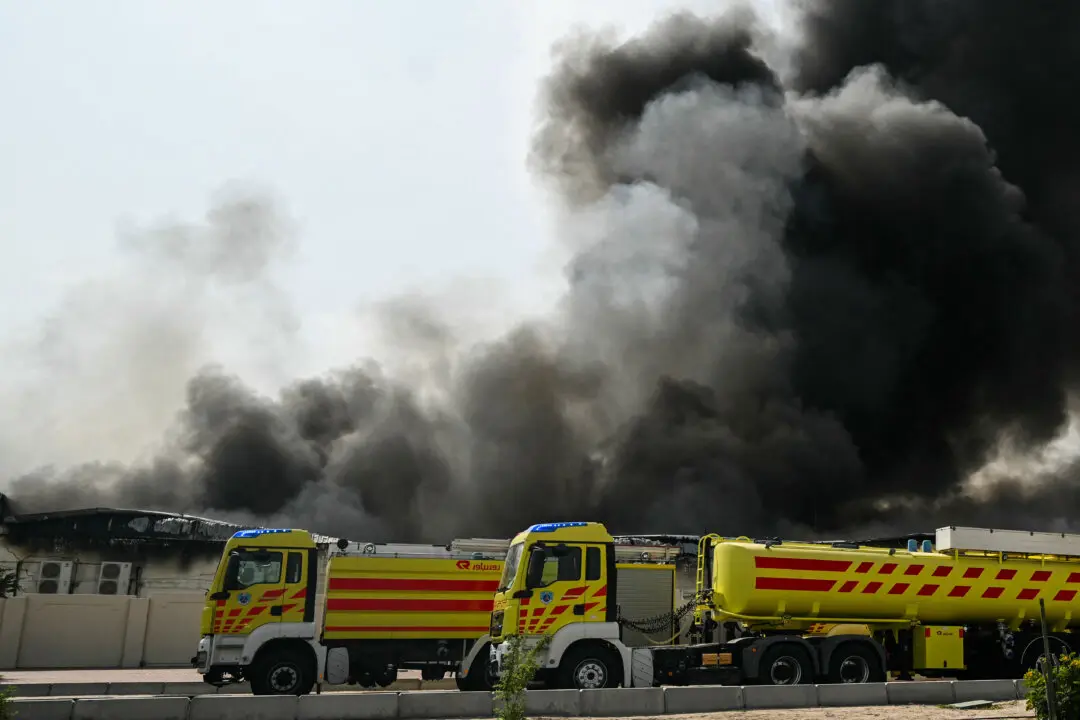The rate of pubs shutting down is accelerating at a faster rate than immediately after the end of COVID-19 lockdowns, according to new figures.
Government data indicate a significant surge in pub closures, with 51 shutting down each month during the first financial quarter of 2023.





